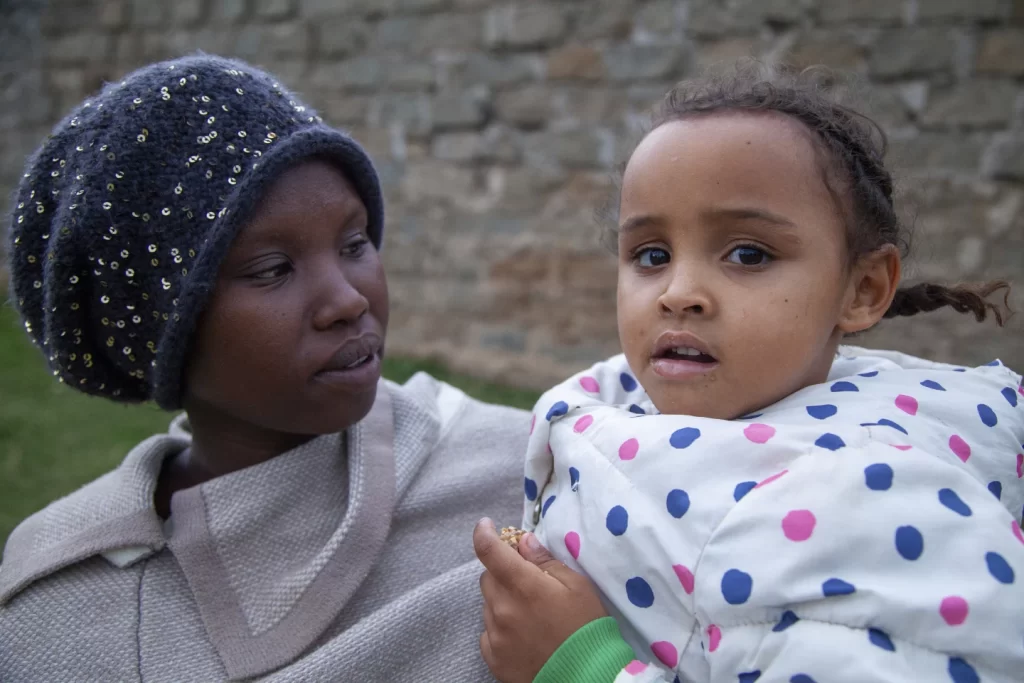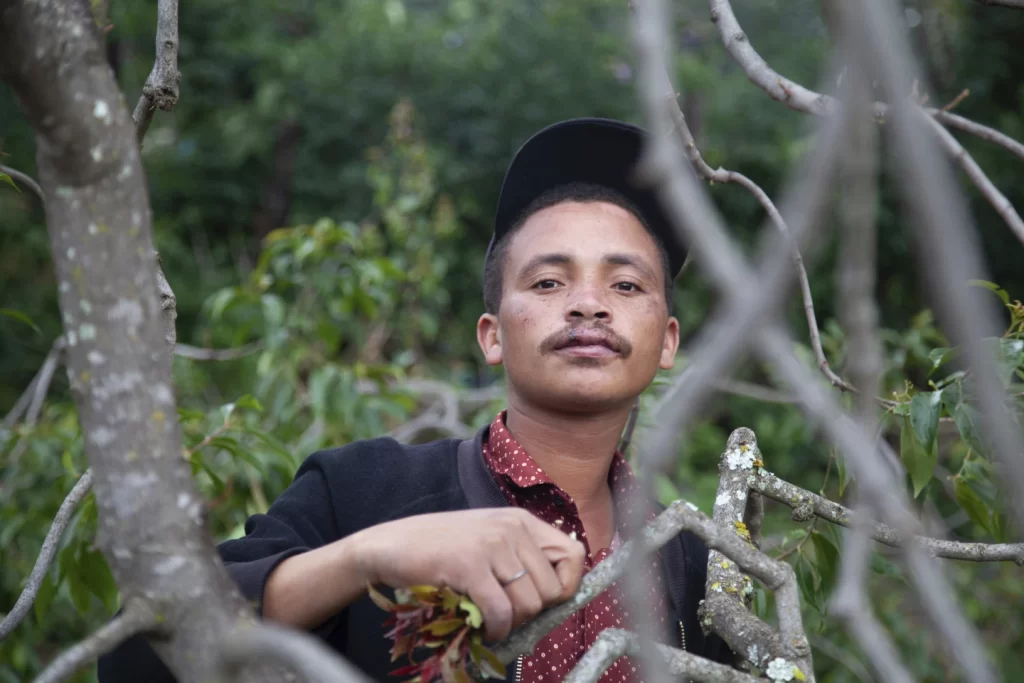In the shadow of Britain’s $44 million military training program in Kenya, dozens of biracial children born to local mothers and British soldiers struggle with identity and recognition, as a Kenyan lawyer prepares to take their cases to British courts.

Twenty-six-year-old Louise Gitonga, born after his mother’s brief relationship with a British soldier, exemplifies their struggle. “I have an identity crisis that has driven me to alcoholism,” the unemployed Gitonga told The Associated Press at his home in Nanyuki. “Everywhere I pass, people call me a white man. Others call me an albino. These names cause me a great deal of pain and hurt.”
Lawyer Kelvin Kubai represents 10 such children, including seven under 18, hoping to secure British citizenship and support. He’s raised $4,600 for DNA testing to help identify fathers and plans to take some children to Britain next year. “What we are bringing in the UK court is not just the issue of rape, it is the issue of these children who happen to be prisoners of an identity they did not chose for themselves,” Kubai said.
The agreement allowing 10,000 British forces to train annually in Kenya was renewed in 2021, despite persistent allegations of sexual abuse. The Kenya National Commission on Human Rights has documented over 200 rape cases involving British troops between 1983 and 2003, though Britain’s defense ministry dismissed them as “not genuine.”
Jenerica Namoru, 29, represents a rare case where a British soldier’s name appears on their child’s birth certificate, though she says he refuses to provide support. “At times, they even blocked me from entering the gate,” she said of attempts to seek help at British Army Training Unit Kenya offices.

The British High Commission says it “cooperates fully with local child support authorities where there are claims relating to paternity,” though mothers and civil society groups report little assistance.
These cases span generations. David Mwangi Macharia, 68, nicknamed “British” for his light skin, dropped out of primary school due to discrimination. He now works as a night guard and part-time mason, struggling to find acceptance in either community.
Marion Mutugi, a commissioner with Kenya’s human rights commission, says relationships between soldiers and local women range from consensual to transactional to forced. She accuses British authorities of interfering with investigations and intimidating human rights defenders.
The most prominent case remains that of Agnes Wanjiru, killed in 2012 after an evening with British soldiers. Despite a 2019 inquest concluding she was murdered by British soldiers, no suspects have been charged, though Kenya’s parliament recently revived investigations.
Credit: AP



